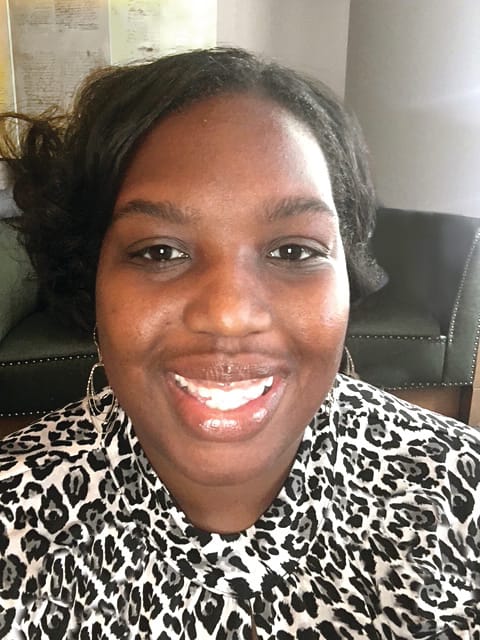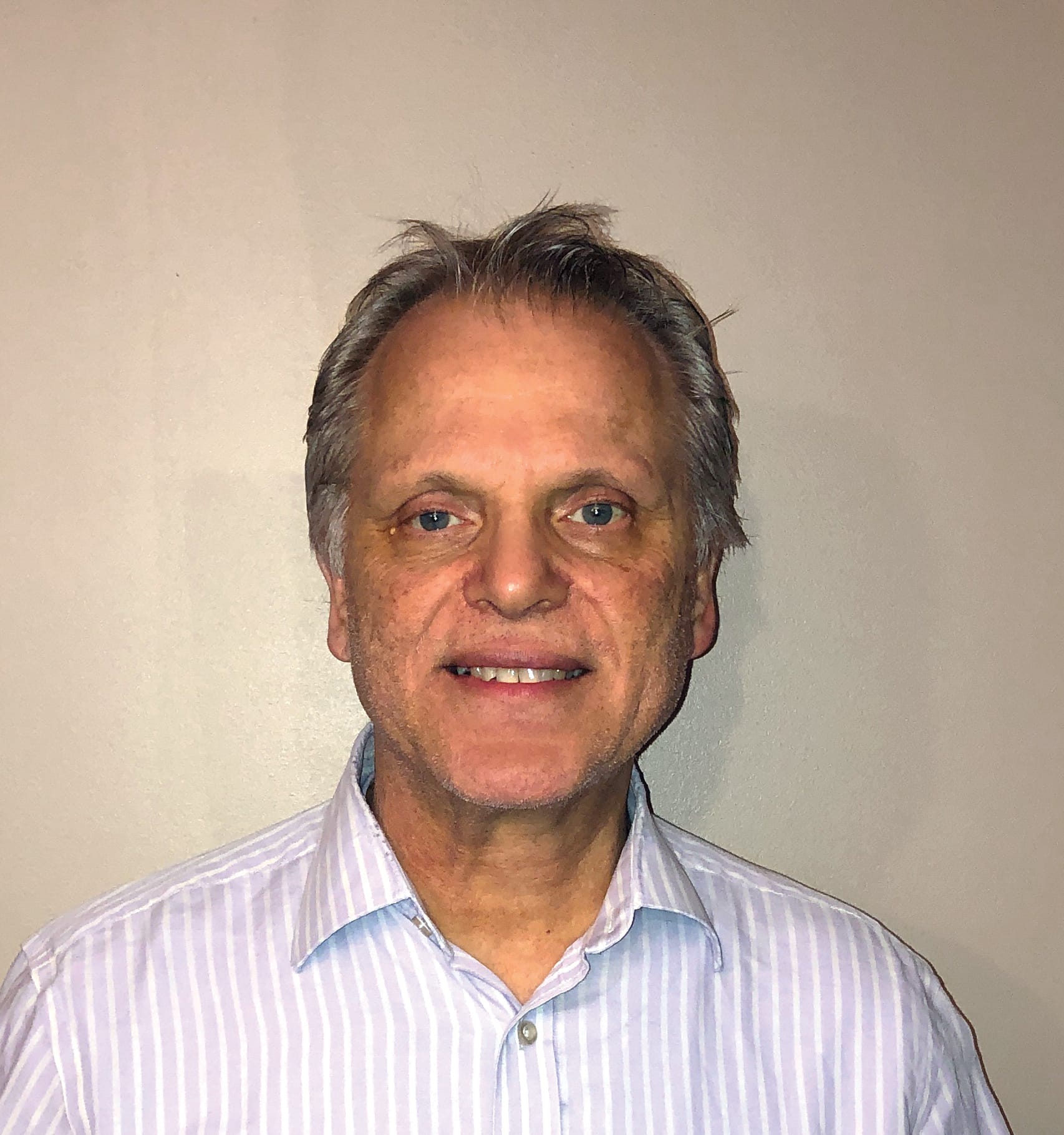Start the conversation. Shift the story. Save a life.

| You have the power to change the narrative around suicide. By learning how to talk about it and support those who are struggling, you can make a real difference and help create a culture of care. |
| September 10th is World Suicide Prevention Day. This day is a reminder that we all have a part to play in helping prevent suicide. When you’re working in a factory or an office, it’s easy to get caught up in the daily grind. But it’s important to remember the people around you and what they might be going through. The theme this year is “Changing the Narrative on Suicide.” This means we need to look at how we talk about suicide and mental health. Instead of focusing on the problem, we can focus on the solutions and on the hope for a better future. Did you know that every 40 seconds, a person dies by suicide somewhere in the world? That’s a powerful and scary number, but it also shows how important it is for us to step up and make a difference. Why Should You Care? You might be thinking, “This doesn’t apply to me,” or “I’m not a mental health expert.” That’s okay. You don’t have to be. The most important thing you can do is simply be a good human. Suicide prevention isn’t just for therapists and doctors. It’s for everyone. It’s about looking out for your co-workers, friends, and family. It’s about building a strong community where people feel comfortable talking about their struggles. In a manufacturing environment, teamwork and looking out for one another are already part of the job. You check on the equipment, you make sure your colleagues are safe, and you work together to solve problems. Think of suicide prevention in the same way—it’s another part of looking out for your team. Recognize the Signs You don’t have to be an expert to notice when someone might be having a tough time. Look for changes in behavior. Maybe a co-worker who is usually chatty becomes quiet and withdrawn. Maybe someone is missing work more often than usual. They might seem more irritable or sad. Don’t be afraid to notice these things. It’s not about being nosey; it’s about showing you care. Start the Conversation Talking about suicide can be hard, but it doesn’t have to be. You can start with something simple. “Hey, you seem a little down lately. Is everything okay?” This simple question opens the door for a conversation. You don’t need to have all the answers. The most helpful thing you can do is listen without judgment. You are not a fixer. You are a supporter. Connect to Help If someone tells you they’re struggling, you can help them connect with resources. This could be a supervisor, HR, or employee assistance program (EAP). These programs are there to help with all kinds of issues, and they are confidential. Knowing where to point someone for professional help is a crucial part of changing the narrative. By learning to recognize the signs, starting a simple conversation, and helping people connect to help, you are actively changing the narrative. You are moving away from silence and into a space of support and hope. You are building a safer and more caring workplace, one conversation at a time. |
| Life Happens: Free, Confidential Support for You GE Appliances’ Employee Assistance Program (EAP) offers free, confidential support for employees and their families. From managing depression and addiction to caring for elderly family members, these resources are here to help with personal challenges and mental health needs. Access care today at GEAppliancesWellWithin.com to explore confidential support and 14+ resources and inspiring employee stories about what matters most—your emotional, social, physical, and financial wellbeing. |







